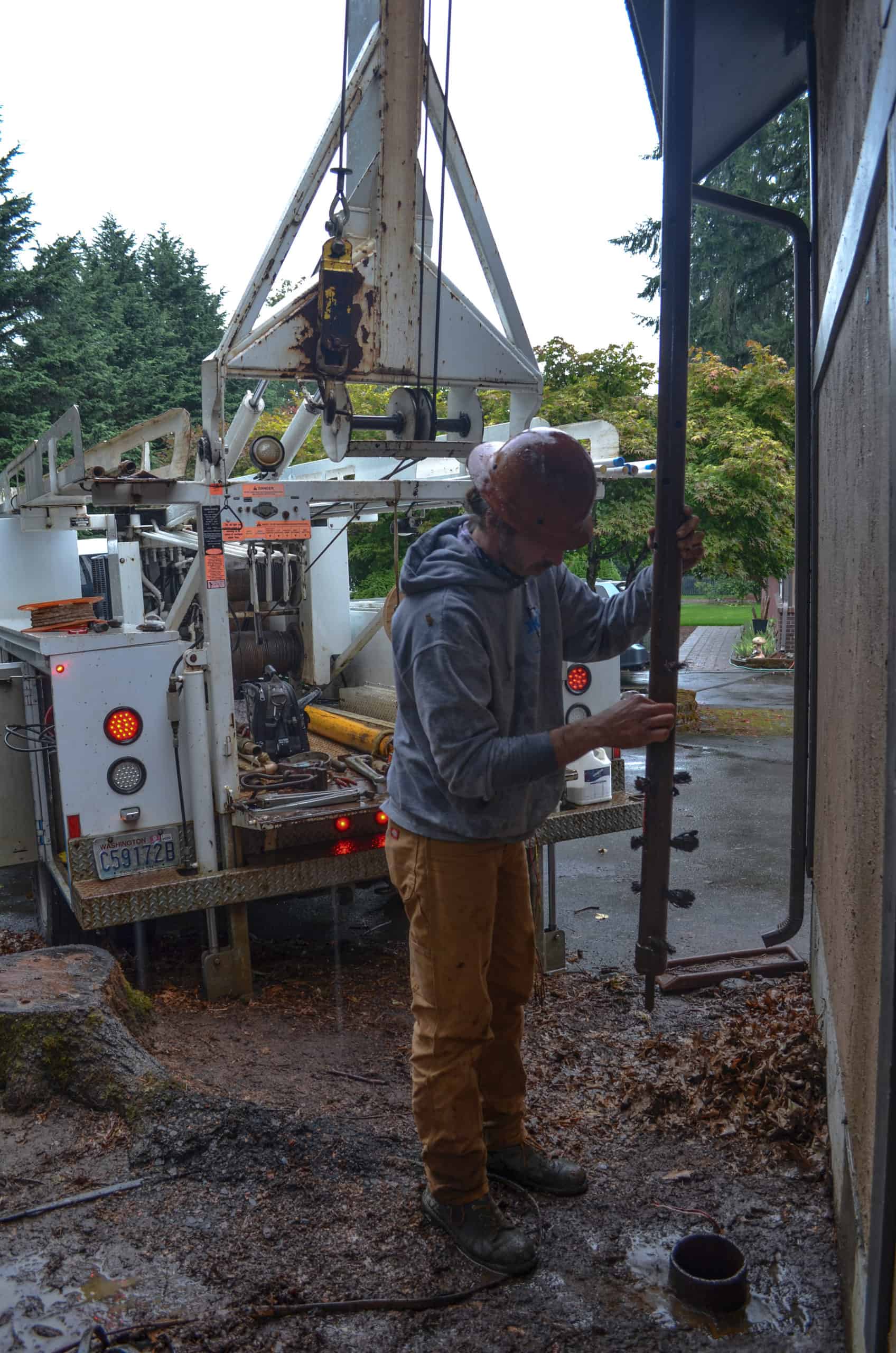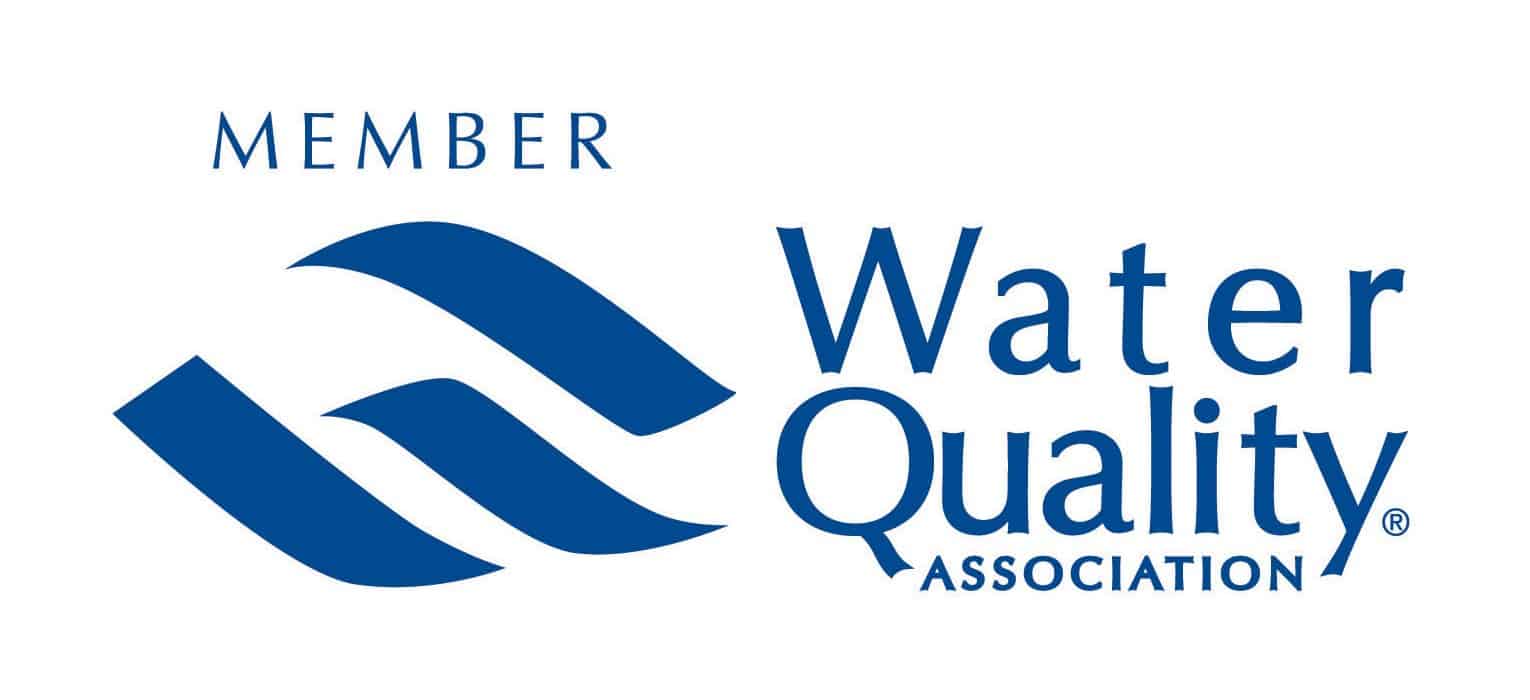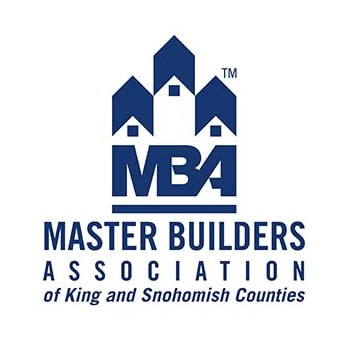Periodically having your water well cleaned, or rehabilitated, is an important part of good maintenance for residential water well owners. Following are some signs that may indicate the need for a water well system cleaning:
- Changes in sediment or the water suddenly turbid, which means it is cloudy or has suspended matter in it.
- There has been a decrease in the well’s capacity — that is, the gallons of water per minute that the pump can supply to the system.
- The water has developed an odor or taste problem.
- The water tests positive for total coliform and/or overall biological activity.
Work with a qualified water well system contractor to determine whether a well needs cleaning and what approach should be taken. There are a variety of reasons why a well might need to be cleaned including, but not limited to, the presence of bacteria and the encrustation of well components due to chemical or biological reactions. Because a fouled or plugged well causes more changes in the water level during pumping, a well that needs cleaning can be more costly to operate. For example, a well screen clogged due to encrustation can reduce the flow of water into the well, causing the pump to work harder, which results in higher electrical costs and wear on the pump. The reverse also is true: A well maintained, clean well system offers a positive payoff in extended well pump and water treatment system life, and reduced impacts on plumbing fixtures and appliances.
Some well owners view chlorination as a cure-all for water quality problems. While chlorination might temporarily prevent gas production or other taste and odor problems, chlorination alone can leave behind debris or accumulated organic material. Such debris or material may harbor and/or provide a food source for bacteria. Chlorination alone may therefore be ineffective in the long run.
Two basic approaches to well cleaning, or well rehabilitation, are the mechanical and chemical methods, with the most effective strategy often being a combination of the two. Any well cleaning should be followed immediately by a thorough disinfection of the well system and its immediate environment.
If your well is exhibiting any of the above systems, call us today, or use the Web Chat, to schedule a system evaluation.





